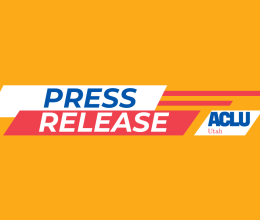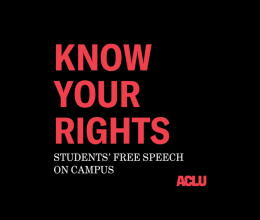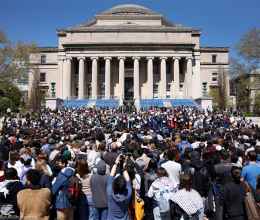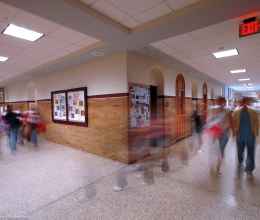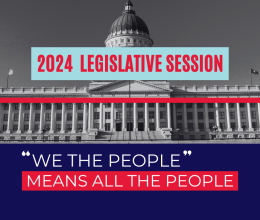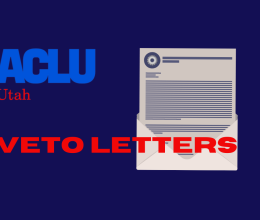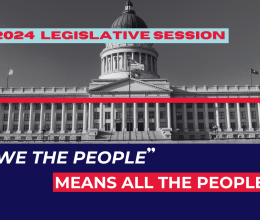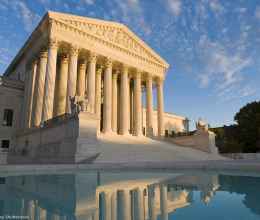
Published: November 15, 2020
Like students, public school teachers and staff retain First Amendment rights in school settings. However, because teachers and school staff are public employees, these rights are not as broad as those of students. Below is a short guide on free speech rights of teachers and employees at public and charter schools in Utah. Nothing in this document should be construed as legal advice. If you have a specific concern, please reach out to the ACLU of Utah or an attorney.
Disclaimer
None of the information herein is intended as legal advice. We try to maintain our "Know Your Rights" materials to keep current. However, please be mindful of the publish date as the information described herein may not reflect recent legislation or case law that could impact your rights.

